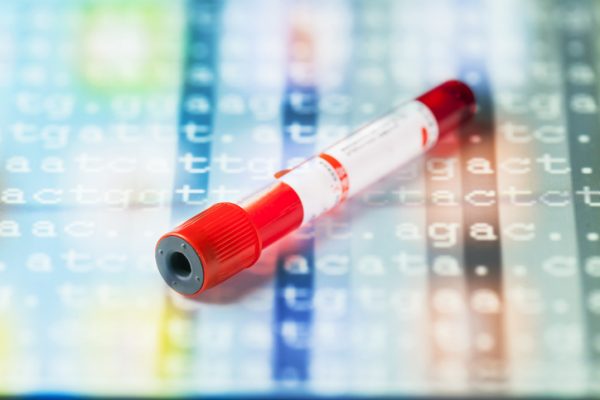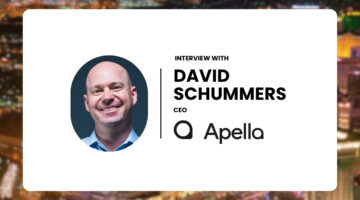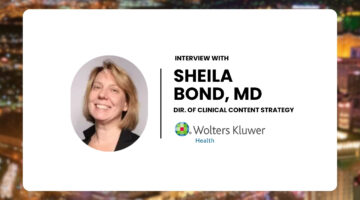
A company that recently won approval to market a gene therapy for a blood disorder in Europe is pursuing an installment model of payment similar to the one announced for another gene therapy that won regulatory approval in the U.S. last month.
Cambridge, Massachusetts-based bluebird bio said it gave a list price of 1.575 million euros, or about $1.8 million, for Zynteglo (autologous CD34-positive cells encoding beta-A-T87Q gene) in beta-thalassemia for the European market. The company said therapy will be paid for in installments of 315,000 euros ($353,557) over five years, with no cost afterward, as long as it is successful. The European Medicines Agency granted conditional approval – similar to Food and Drug Administration accelerated approval in the U.S. – to Zynteglo on June 3.

Transforming the OR: CEO Reveals Game-Changing AI Tech for Better Efficiency
How Apella leverages technology to increase OR efficiency.
The drug is being launched at the end of this year, with commercial sales expected to start in 2020, Cowen analyst Yaron Werber wrote in note to investors. He added that the list price was above the $750,000 price the investment bank had forecast.
The price tag makes Zynteglo among the most expensive drugs in the world, after a gene therapy that won FDA approval last month, Novartis’ Zolgensma, for spinal muscular atrophy, which the Swiss drugmaker priced at $2.1 million.
While the list price of Zynteglo, like that of Zolgensma, may generate sticker shock among the public, third-party reviewers like the Institute for Clinical and Economic Review have pointed out that in the case of Zolgensma, the list price is still cost-effective because it is less than the overall long-term cost of treating SMA.
Moreover, European authorities are likely to negotiate the price down. Typically, EMA approval is followed by a process whereby manufacturers must negotiate a final price with authorities in individual European countries. This can take a year or more, with some authorities imposing particularly strict cost-effectiveness requirements. The EMA regulates drugs across the E.U., plus the non-E.U. states of Norway, Iceland and Liechtenstein. It does not regulate drugs in Switzerland.

Transforming Clinical Content with Ambient & Generative AI
Sheila Bond, MD, talked about the latest trends regarding integration of AI in healthcare.
At the European Hematology Association’s annual meeting in Amsterdam, bluebird is presenting data from three clinical trials of Zynteglo in beta-thalassemia, including one Phase I/II study and two Phase III studies. According to data from the Phase I/II Northstar study, 11 patients – eight of 10 who do not have the beta-zero/beta-zero genotype and three of eight who do have the genotype – achieved transfusion independence after treatment. The eight patients without the genotype continued to maintain transfusion independence for up to 45 months.
The Phase III studies, Northstar-2 and Northstar-3, respectively enrolled patients without and with the beta-zero/beta-zero genotype. In Northstar-2, 13 of 14 patients with at least three months of follow-up were free of transfusions for at least three months. In Northstar-3, the one patient who was evaluable for transfusion independence continued to maintain it after 16 months.
The company also has Phase I/II data on Zynteglo in sickle cell disease being presented at EHA, which showed that among patients who were at least six months out from receiving treatment, the median level of abnormal sickle hemoglobin was reduced to 50 percent or less of total hemoglobin.
Photo: jxfzsy, Getty Images






